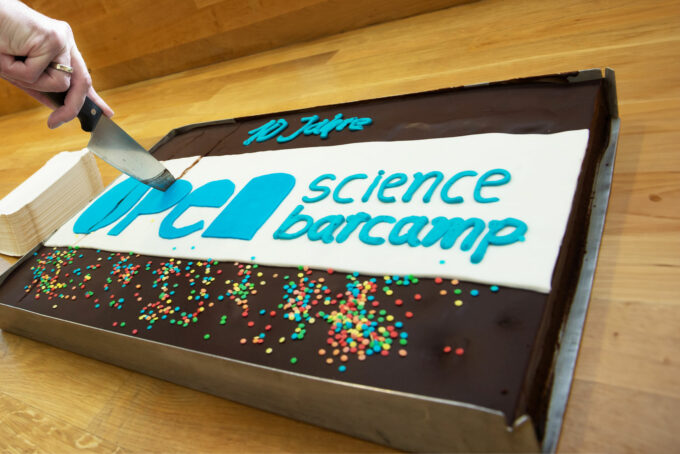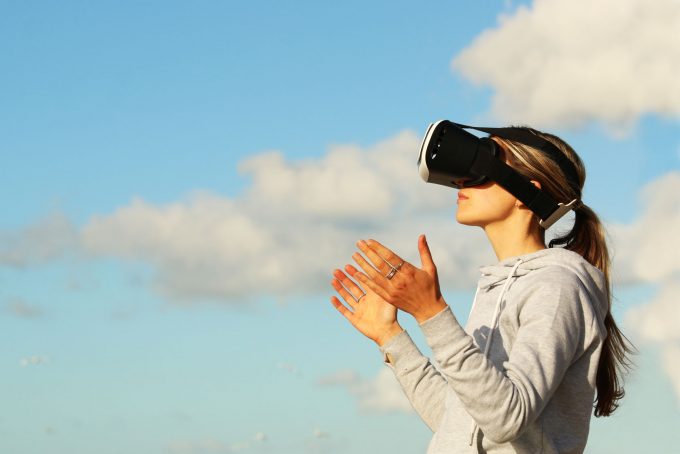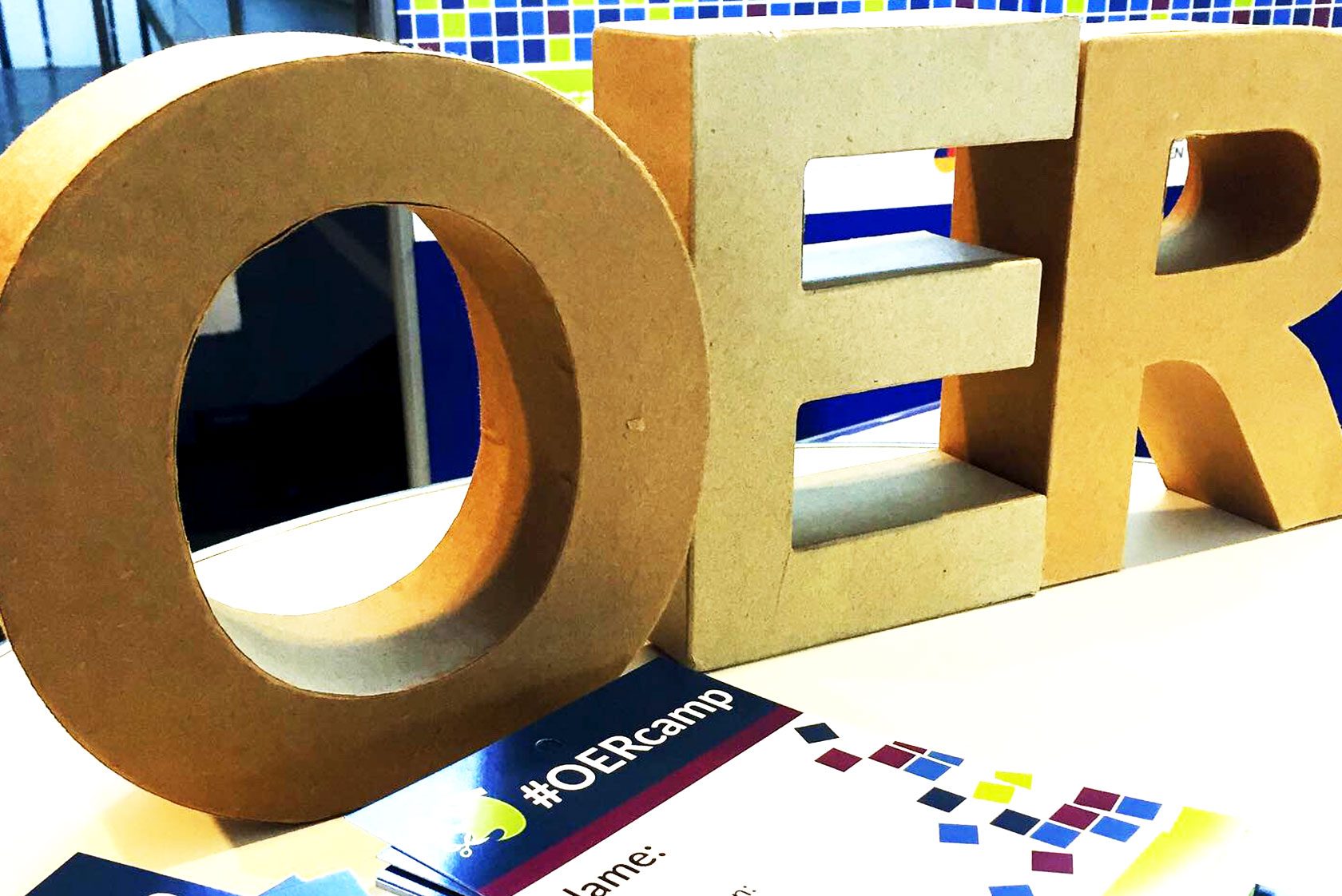
#OERcamp 2019: A New Workshop for Open Educational Resources Evolves out of the Barcamp
At the recent #OERcamp in Lübeck, numerous tools having to do with open educational resources were presented. The major need for discussions and information surrounding licensing and copyrights showed how high the level of uncertainty still is.
by Kristin Hilpert
This year’s first OERcamp was held from 13 to 14 June 2019 at the Lübeck University of Applied Sciences (link in German language). Digital and open teaching/learning opportunities were the focus of the workshops and sessions, which were especially geared towards newcomers to the field of open educational resources (OER). The event included workshops on the production and practical application of OER materials, their provision and visible distribution, and more. The agenda also included numerous opportunities to look at problems surrounding copyrights and licensing as well as educational policy discussions.
But here’s how things went from the beginning: In order to get all of the participants from the wide variety of educational and research institutions familiar with one another, a round of bingo was played to kick things off.
Kennenlern-Bingo – oder auch 'wuselnde Vorstellungsrunde' beim #OERcamp. Immer wieder gut (und jetzt weiß ich auch endlich, dass @anjalorenz #OERde für überbewertet hält 😉) pic.twitter.com/JmQw3S2i2S
— Nele Hirsch (@eBildungslabor) 13. Juni 2019
Afterwards, the BarCamp consisted of pre-planned workshops as well as free sessions. The workshops picked up on practical topics and encouraged active participation. The content of the free sessions was spontaneously determined by the OERcamp participants. Pauses between the slots were used for the participants to network with each other, present projects and materials, and record podcasts.
CC licenses and copyright: a topic for discussion
A popular topic of discussion at the workshops and sessions concerned correctly issuing and assigning licenses as well as copyright issues. Two workshops geared towards both beginners and advanced participants offered assistance and solutions. The high demand for discussion and information was also reflected in the later session planning, as here the topics were once again taken up.
OER-related tools
During the two BarCamp days, participants presented many different tools for creating and deploying OER. Some tools could also be tested and have content created with them, such as with h5p or HackMD. A detailed overview can be found on the website of Nele Hirsch (link in German language), who also presented the tools during the OERcamp.
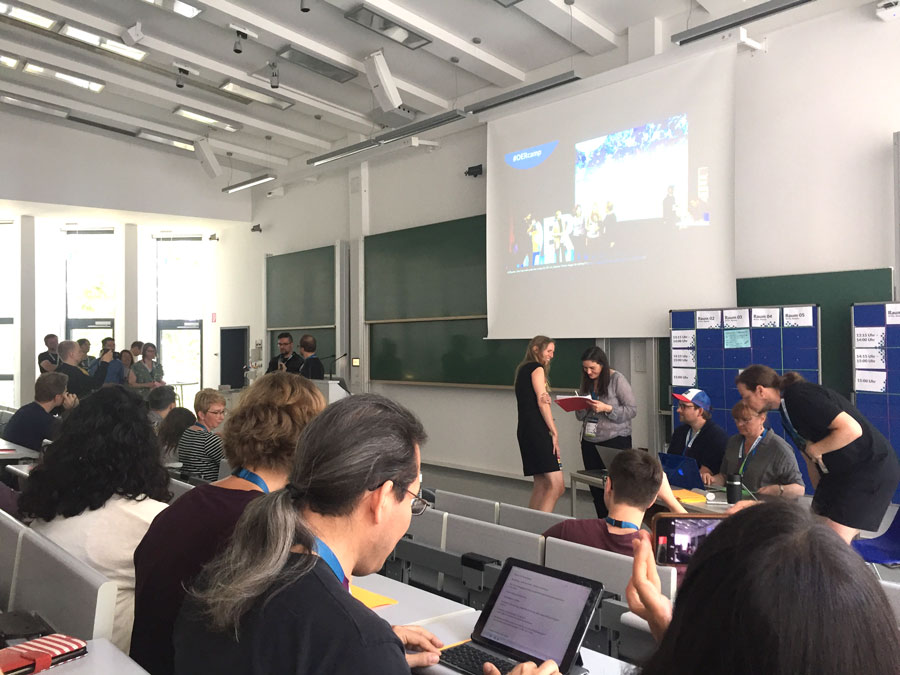
Other central topics concerned searching for free content, its improved visibility and possible contact points for OER users and creators. In addition, one session also discussed the role of libraries in the context of OER and the services they could and should create in the future.
Once one OERcamp ends, planning for the next one already begins
The next OERcamp will bring a new format with it. In the OER material workshop (link in German language), anyone who is interested is invited to create OER as a team under professional guidance. Over two days and two nights in both November 2019 and February 2020, materials such as videos and podcasts are to be produced and made available for use. We are excited about what’s to come and will be along for the ride.
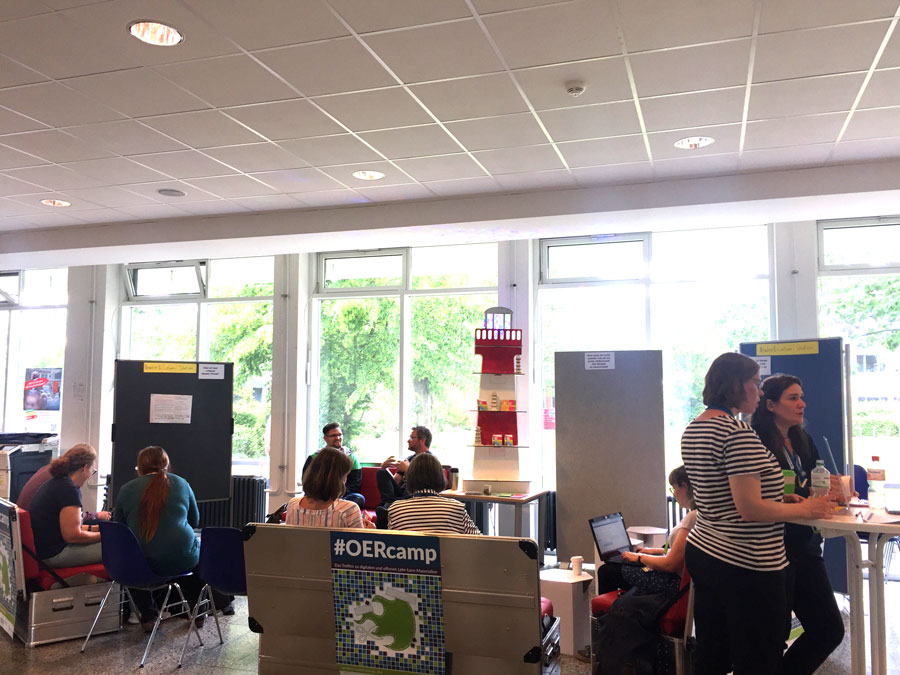
Librarian, User Services Department | ZBW – Leibniz Information Centre for Economics
View Comments
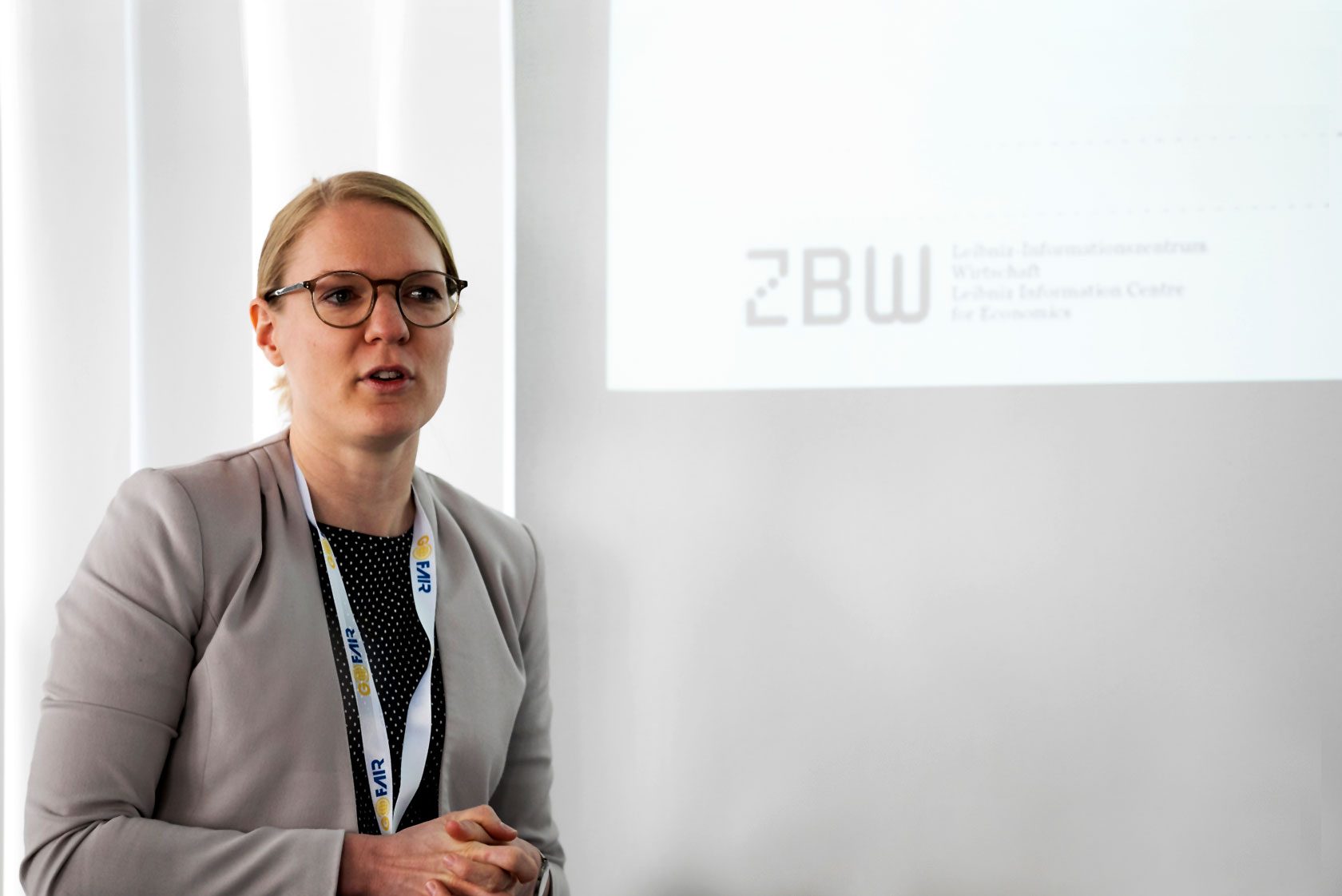
GO CHANGE Workshop: How ‘Yes, but…’ can be Changed Into a FAIR Sientific Culture
At the last GO CHANGE workshop, the focus was on the ‘cultural transformation’ in...

